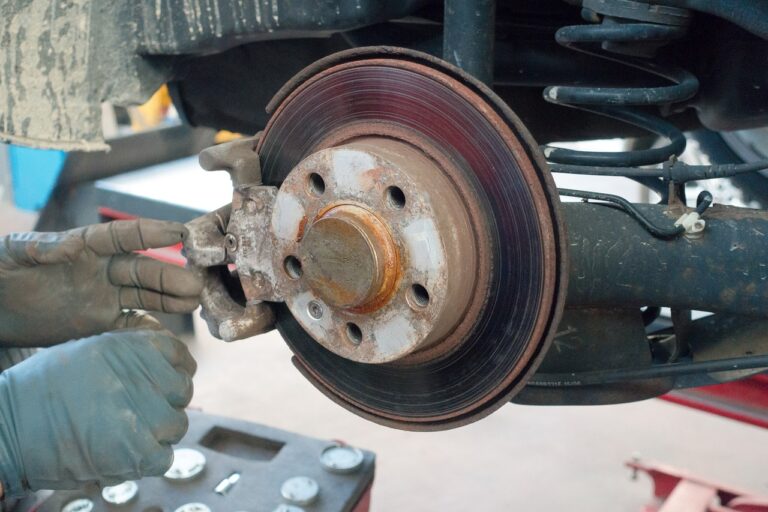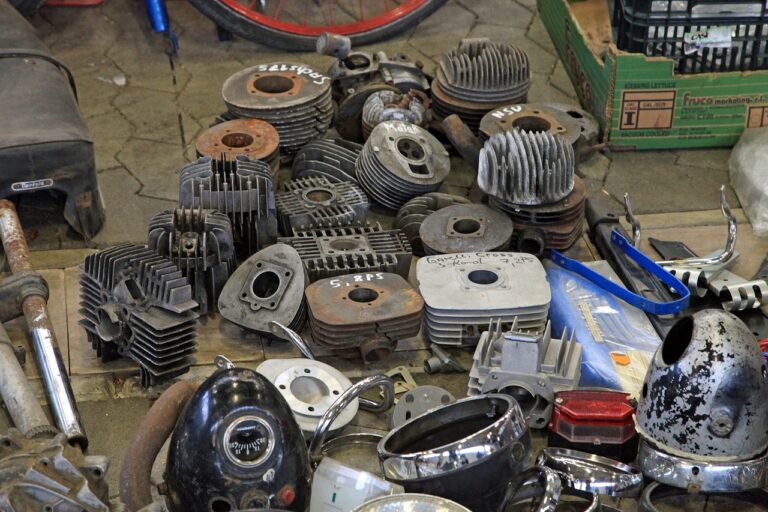Exploring the Potential of AI-Powered Car Manufacturing Quality Control
Artificial Intelligence (AI) has revolutionized quality control processes in the car manufacturing industry. Through the use of advanced algorithms and machine learning, AI systems can analyze vast amounts of data to detect defects and deviations with unprecedented speed and accuracy. This technology enables manufacturers to identify issues early in the production process, leading to improved efficiency and cost savings.
One key aspect of AI-powered quality control in car manufacturing is the ability to predict and prevent potential defects before they occur. By analyzing historical data and real-time information from sensors and cameras on the assembly line, AI systems can identify patterns and anomalies that may indicate a problem. This proactive approach allows manufacturers to make real-time adjustments to their production processes, ensuring higher quality standards and reducing the likelihood of costly recalls.
The Role of Artificial Intelligence in Quality Control Processes
In the realm of quality control processes, artificial intelligence (AI) plays a pivotal role in the automotive industry. Through the utilization of AI algorithms, car manufacturing companies can enhance their quality control measures significantly. AI enables real-time monitoring and analysis of production lines, leading to early detection of defects and potential issues in the manufacturing process.
Moreover, AI-powered systems can predict and prevent quality control problems before they occur, ensuring that only top-notch products reach the market. By leveraging AI technologies for quality control processes, car manufacturers can streamline their operations, reduce costs associated with defects, and ultimately improve customer satisfaction with their vehicles.
Benefits of Implementing AI in Car Manufacturing Quality Control
Implementing artificial intelligence (AI) in car manufacturing quality control processes offers a myriad of advantages for automakers. AI-powered systems have the capability to detect defects in real-time with higher accuracy and efficiency compared to traditional human inspections. By utilizing AI technology, car manufacturers can identify and rectify potential quality issues swiftly, ensuring that only flawless vehicles reach the market.
Furthermore, AI enhances the overall production process by reducing the occurrence of defects, thus minimizing rework and wastage of resources. This streamlined approach not only leads to higher product quality but also increases production efficiency. As a result, car manufacturers can deliver vehicles to consumers more quickly, meeting market demand effectively while maintaining stringent quality standards.
• AI-powered systems offer higher accuracy and efficiency in defect detection
• Swift identification and rectification of potential quality issues
• Reduction in defects leads to minimized rework and resource wastage
• Increased production efficiency and higher product quality
• Faster delivery of vehicles to consumers while maintaining quality standards
How does AI improve quality control in car manufacturing?
AI uses advanced algorithms to analyze data in real-time, detect defects, and predict potential issues before they occur, leading to higher efficiency and accuracy in quality control processes.
What are some specific roles of AI in quality control processes?
AI can be used for automated visual inspections, anomaly detection, predictive maintenance, and process optimization in car manufacturing quality control.
What are the benefits of implementing AI in car manufacturing quality control?
Some benefits include improved product quality, reduced production costs, increased efficiency, faster problem detection, and enhanced overall performance in quality control processes.
How does AI help manufacturers in ensuring consistent quality?
AI can standardize quality control processes, identify variations in production, and provide real-time feedback to manufacturers, ensuring consistent quality across all car manufacturing operations.
Is AI cost-effective for implementing quality control in car manufacturing?
Yes, AI can help manufacturers save costs by reducing defects, minimizing downtime, optimizing production processes, and ultimately improving overall quality control in car manufacturing operations.





